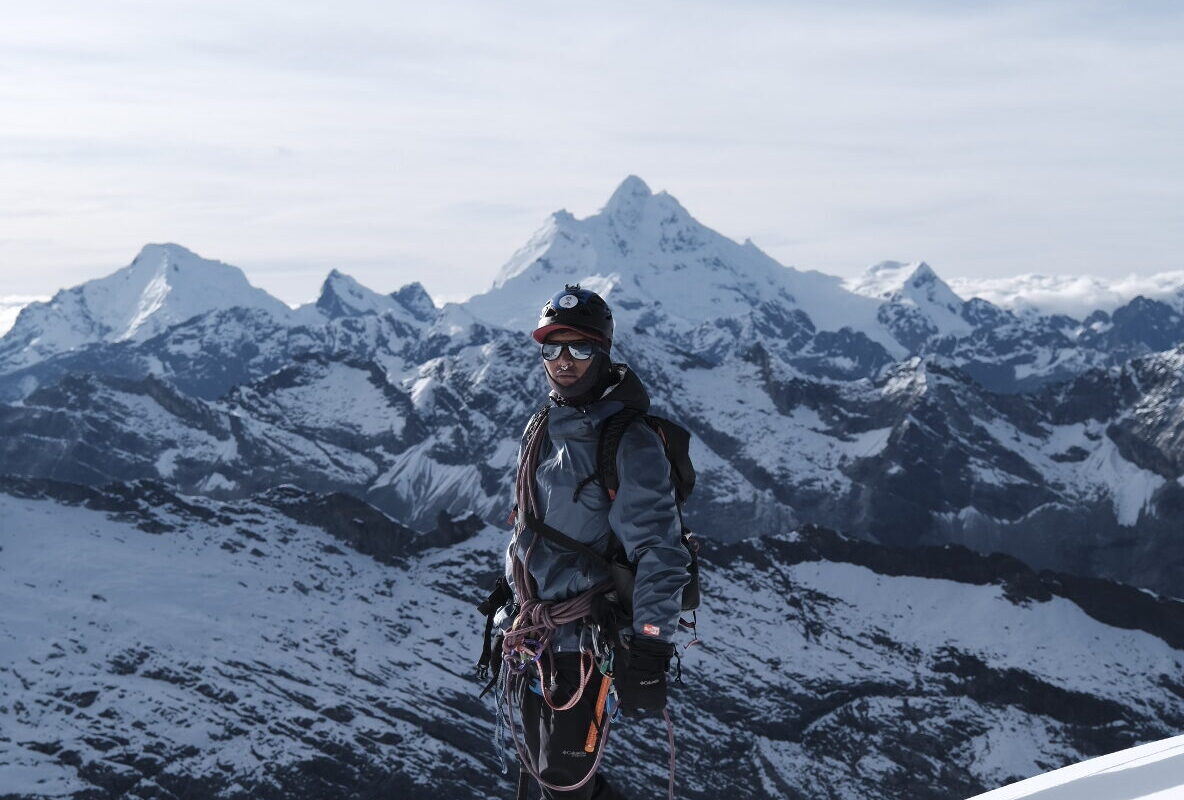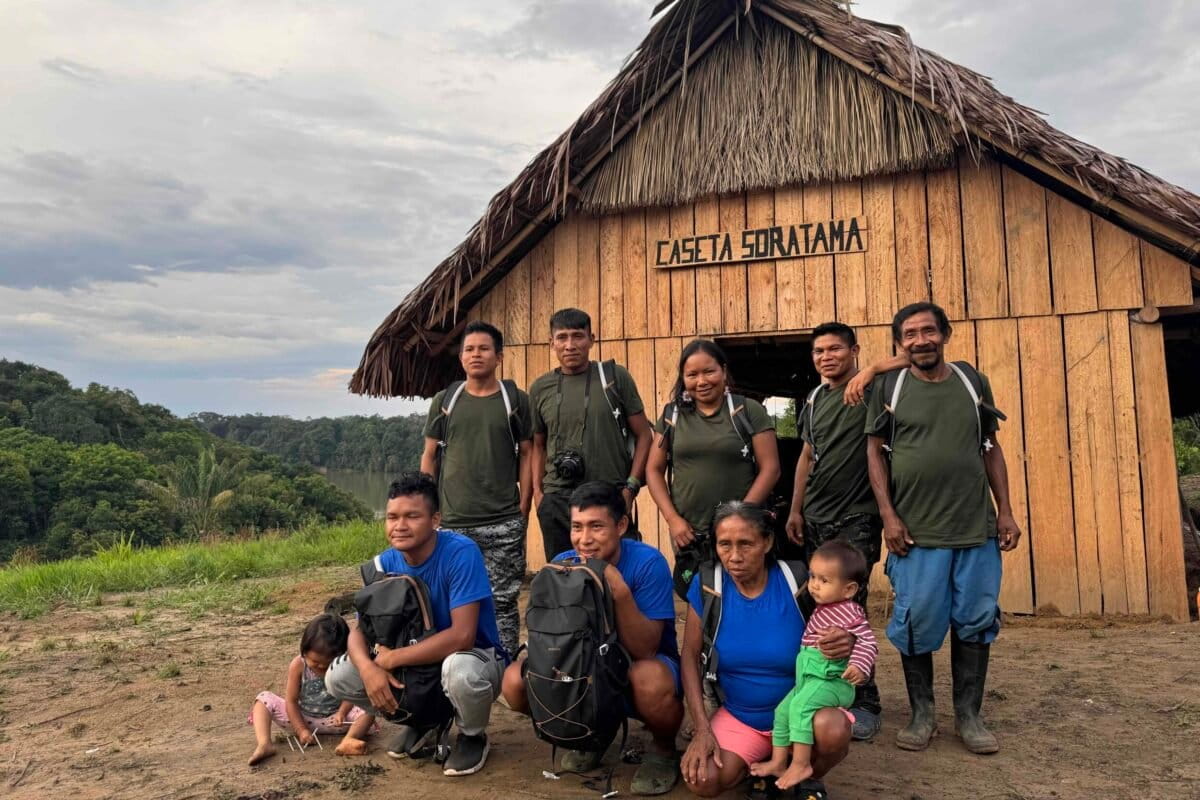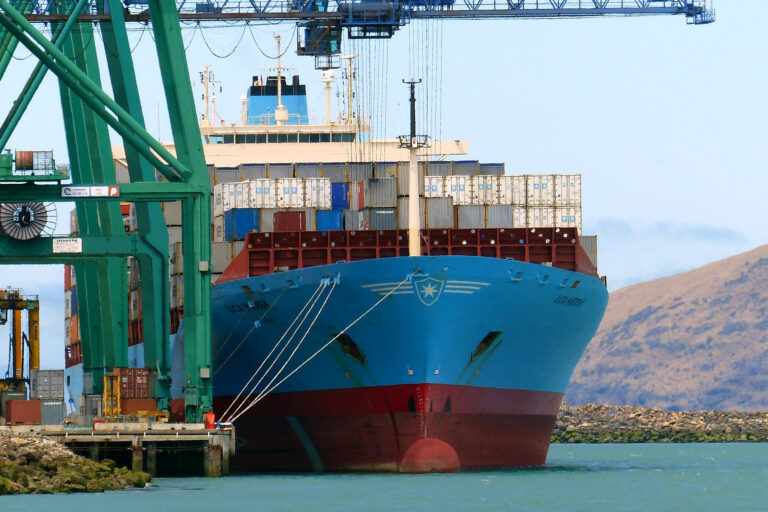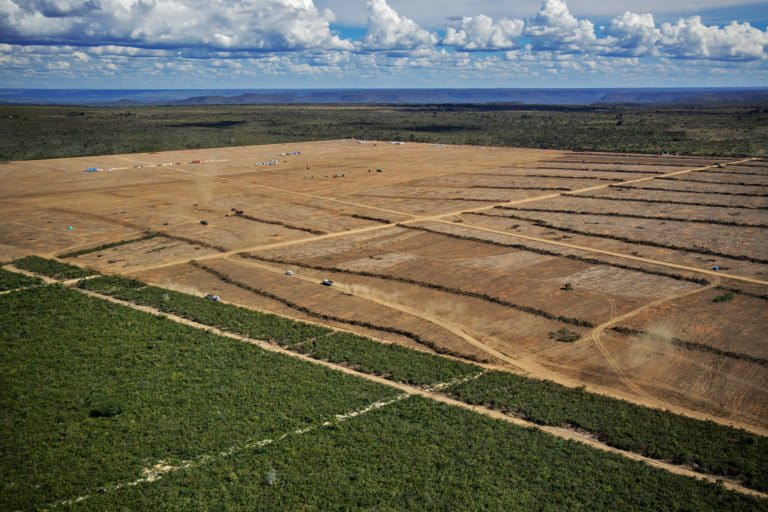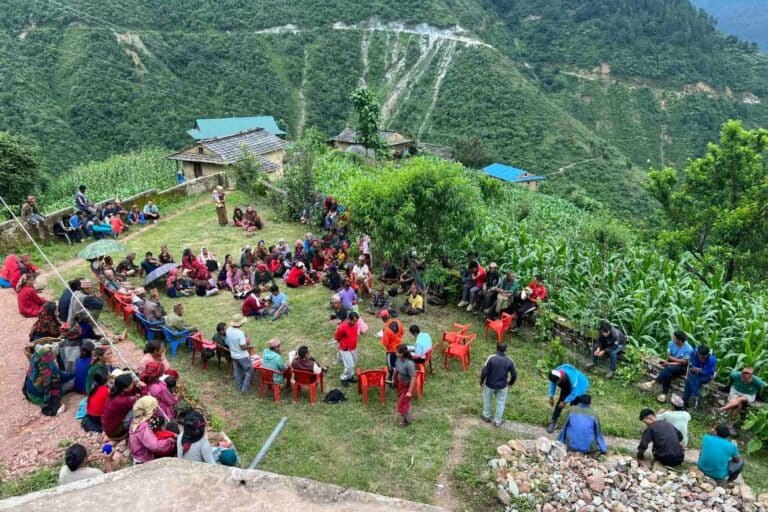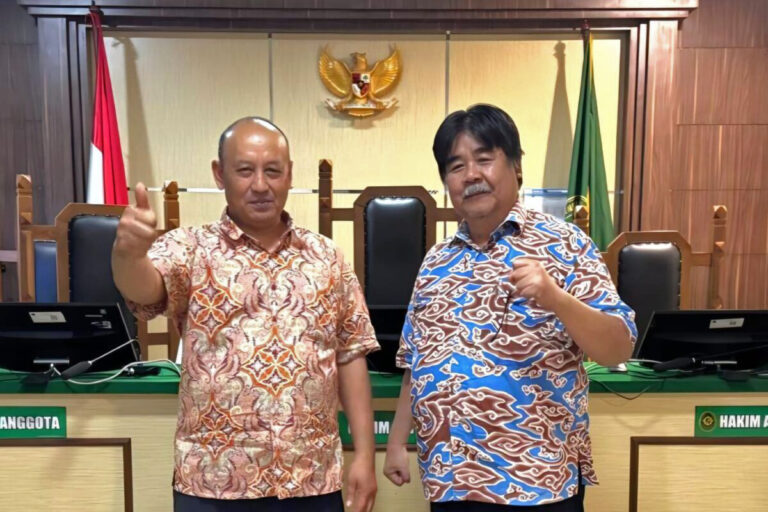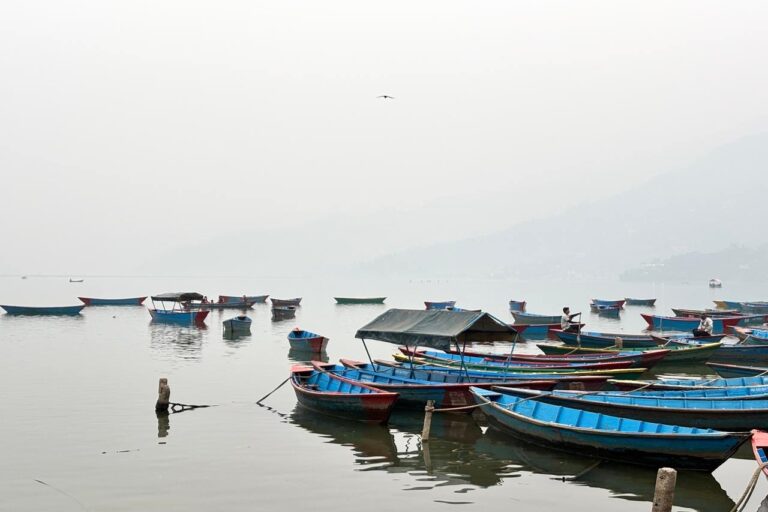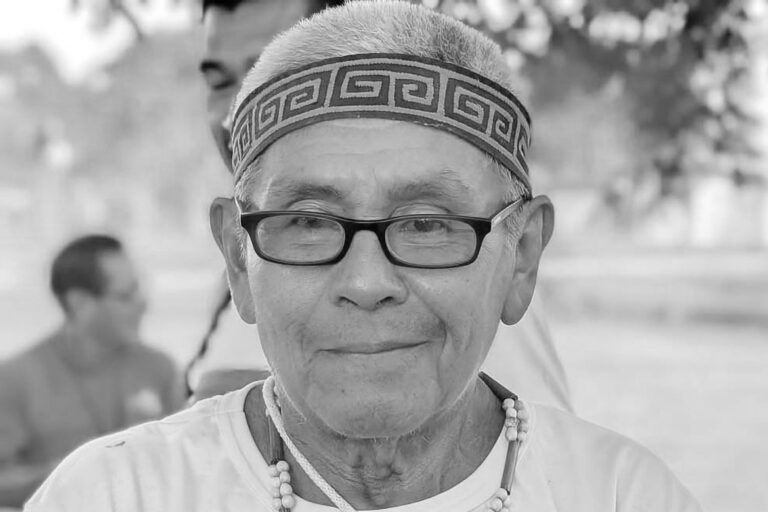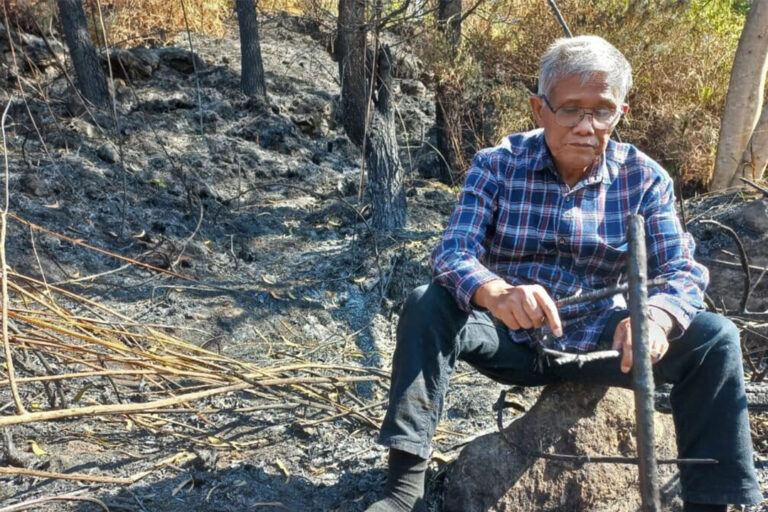- Conducting research on wild animals in Sri Lanka through observations in the wild doesn’t require a permit under island’s conservation laws, as long as they don’t involve the capture of animals or take place inside protected areas.
- The collection and keeping of any specimens of non-protected animals, whether alive or dead, are regulated by law, but researchers are afforded a privilege that allows them to even kill and keep specimens of protected and strictly protected animals.
- Sri Lanka law requires foreign research terms to have a local collaborator and material transfer agreements between such collaborating organizations in order to transfer biological material out of the country.
- This post is a commentary. The views expressed are those of the author, not necessarily Mongabay.
When it comes to conducting research on wild animals in Sri Lanka, there are two broad categories. The first is research that’s based on observing an animal in the wild, and the second involves the capturing of wild animals.
The captured animal would be either released back into the wild after being tagged or ringed and measured, or after tissue samples or other parts have been collected for testing. Alternatively, the whole animal could be kept in captivity or be killed and preserved for further studies.
Animals that are the subject of research could be found either inside or outside a protected area. An important aspect to remember is the legal protection of an animal and the conservation of the species.
This hinges on whether a species is strictly protected, protected, or non-protected. The law applies differently for each of these categories, but it does not preclude the opportunities to conduct research.
Observations of animals and any research based on such observations, whether the species is non-protected, protected or strictly protected, can be carried out without any permission outside a protected area. If the research is to be conducted inside a protected area, it is mandatory to obtain permission from the relevant authorities.
In several types of protected areas, if the observations are to be confined to the permitted hours and carried out from the paths allotted for making such observations, they can be done by obtaining regular permission that is provided as a ticket.
This applies to all national parks in Sri Lanka declared under the Fauna and Flora Protection Ordinance (FFPO) and those under the purview of the Department of Wildlife Conservation (DWC), as well as to the conservation forests and forest reserves (or reserved forests) declared under the Forest Conservation Ordinance (FCO) and those under the purview of the Forest Department (FD), and to the national heritage wilderness areas declared under the National Heritage Wilderness Areas Act and come under the purview of the Forest Department. There is only the Sinharaja forest reserve that is declared under the National Heritage Wilderness Areas Act. These provisions apply to all visitors who wish to carry out observational research in these areas.
However, if the observational research needs to be carried out outside these places and if the researchers wish to collect any samples of either plants or animals, or conduct research outside the permitted hours as in the case of night observations, specific permission should be obtained from the relevant departments, considering the type and the protected status of the area.
This also extends to the other types of national reserves that are not usually open to visitors and observers and include strict nature reserves, nature reserves, jungle corridors, and refuges. For such permissions, conditions are specified as well as the names of the personnel who are given this special privilege and only those who are specifically named can conduct such research.
Capture of live animals
The conduct of any type of research that involves the capture of animals, whether protected or not, even if carried out outside a protected area, needs permission from the DWC, as all protected and non-protected animals fall under the purview of the FFPO. The collection and keeping of any specimens of non-protected animals whether alive or dead are regulated by the provisions of Section 49A of the FFPO. Collecting specimens of animals that are protected or strictly protected, whether it involves the killing and keeping of specimens or collecting only of tissue samples, is a prohibited activity and considered an offense under different provisions of the FFPO. The provisions of the FFPO make all offenses cognizable offenses and therefore anyone committing or who has committed any such offense can be arrested by the wildlife authorities, forest authorities or police without a warrant.
However, there is an exception to these provisions and this has accorded a special privilege on research scientists to even kill and keep specimens of either strictly protected animals or protected species of animals. This privilege is extended under the provisions of Section 55 of the FFPO, which make it possible to grant this special privilege to research scientists enabling them to carry out a research activity that is otherwise a punishable offense.
Nevertheless, it is important to recognize that this is only a privilege and that there is no right provided to any scientist or other individuals to carry out any such activities. Thus, no one can demand permission as a right but can request to invoke this privilege if the Department of Wildlife Conservation is satisfied with regard to the purported research activities that involve the collection of specimens.
The granting of permission for research has been subjected to certain conditions over the past two decades in view of the abuses of the rights and privileges and also in view of the incidents of biotheft and biopiracy.
For example, it is not possible for a foreign researcher or team to conduct research on their own. There is a requirement of an effective collaboration with Sri Lanka. In cases where material needs to be exported, there has to be a material transfer agreement (MTA) between the different institutions involved. The Sri Lankan government is a party to all such MTAs in an attempt to prevent any unwanted happenings as have occurred in the past.
Thus, all research conducted by a foreign party, unless it is observational research, needs Sri Lankan collaboration. In this light, if there are any research publications referring to the collection of specimens from Sri Lanka, there should be at least one Sri Lankan collaborator who was a member of such research team.
These safeguards have been put in place not only to prevent biotheft and similar offenses but also to ensure the possibility of robust research with Sri Lankan partnerships. Such collaborative research has helped the Sri Lankan scientific community in recent years.
Jagath Gunawardana is a Sri Lankan lawyer and environmentalist. He serves as a member of the research committee of the Department of Wildlife Conservation and the biodiversity expert committee of the Ministry of Environment. He is also a member of the national committee of biosafety and the expert committee on alien invasive species. He is a former chairman and a member of the National Environmental Council of Sri Lanka.
Banner image of the Sinharaja forest reserve, Sri Lanka’s last viable area of primary tropical rainforest and a UNESCO World Heritage Site, by Jagath Gunawardana.


